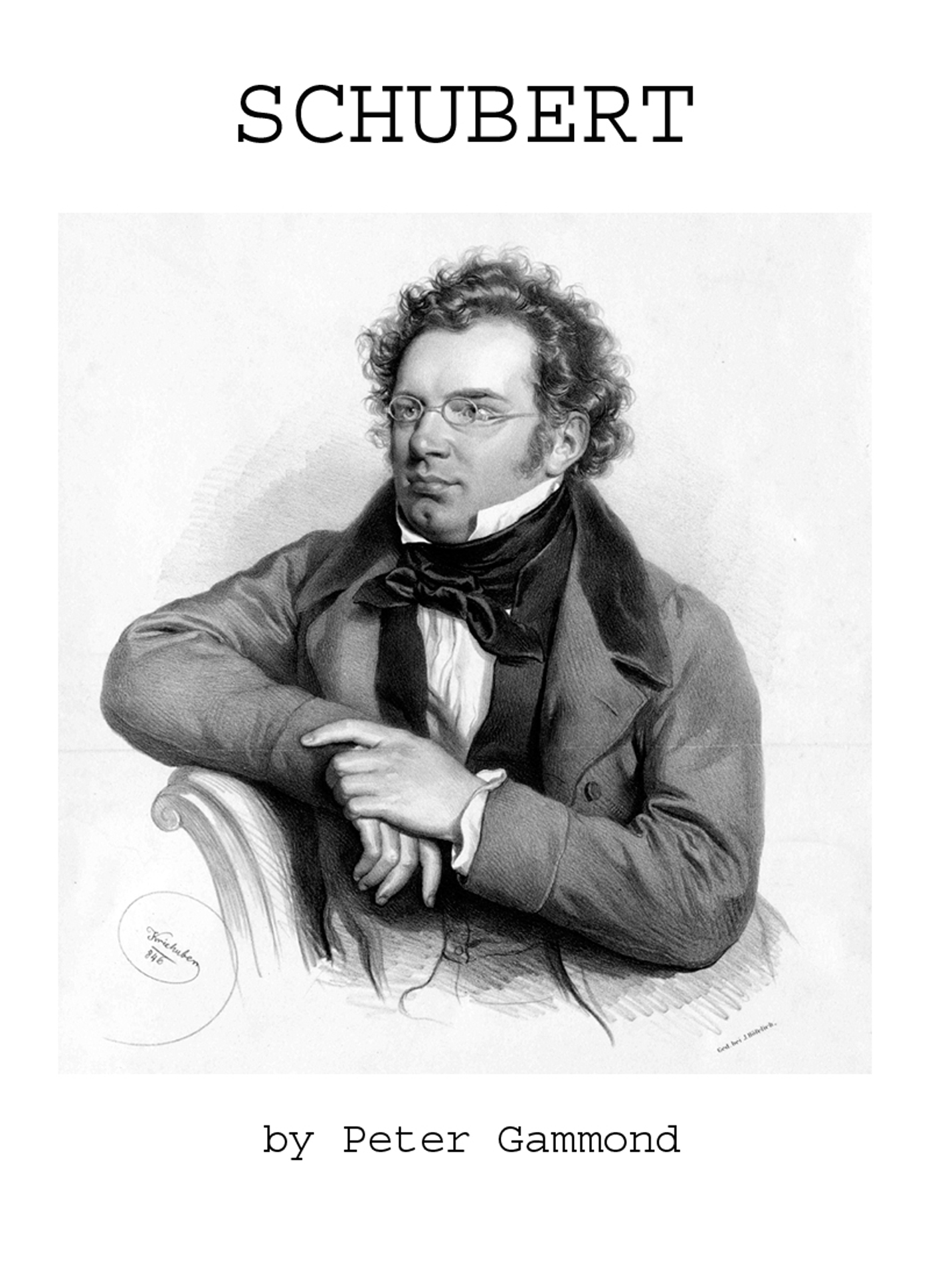Description
Franz Schubert was born on January 31 1797 and lived in Vienna, the cultural hub of Europe at a time of continuous political and intellectual upheaval. Schubert himself, however, preferred a secluded existence in drawing-rooms and coffee houses with his literary and artistic friends. He did not have the advantages of an academic background or of rich patronage and consequently he was never well off and suffered great neglect in his lifetime. His health deteriorated and he died before his 32nd birthday on November 19 1828 but he had been extremely prolific during his lifetime. His output consists of more than 600 secular vocal works, seven complete symphonies, sacred music, operas, incidental music and a large body of chamber and piano music. Appreciation of his music while he was alive was limited to a relatively small circle of admirers in Vienna but interest in his work increased significantly in the decades following his death with such luminaries as Felix Mendelssohn, Robert Schumann, Franz Liszt, Johannes Brahms and other 19th-century composers championing his works. Today, Schubert is ranked among the greatest composers of the late Classical and early Romantic eras and is one of the most frequently performed composers of the early 19th-century.


